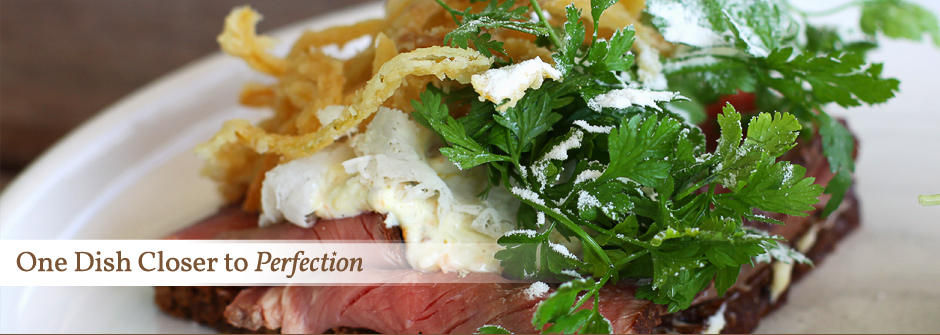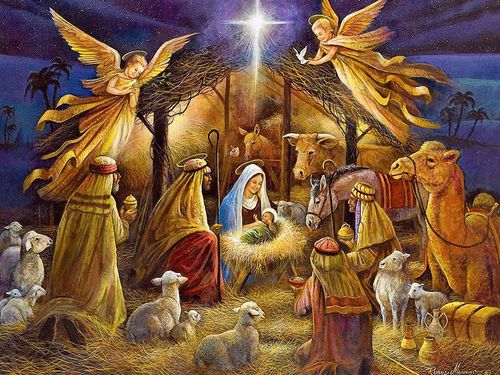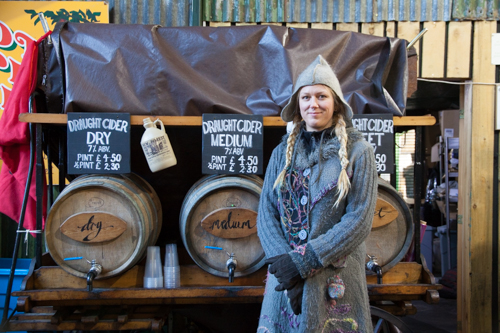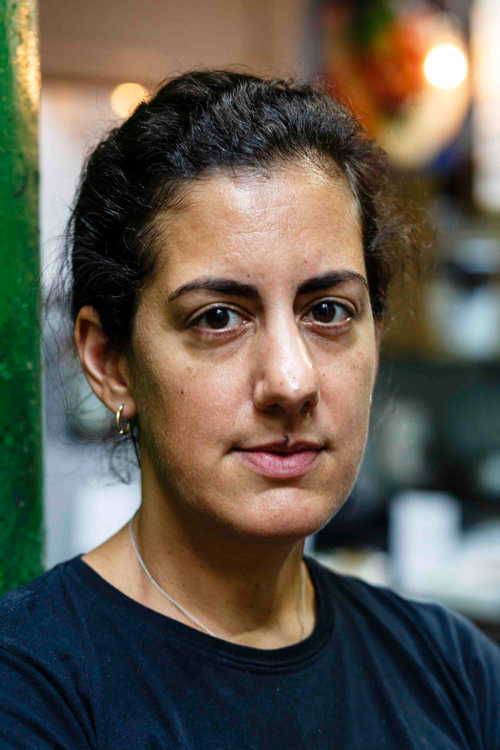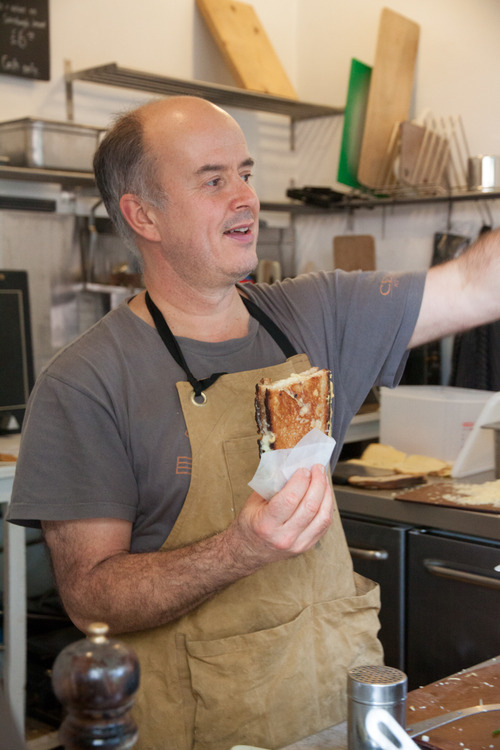Happy (Greek) New Year!
 Monday, January 1, 2018 at 11:06AM
Monday, January 1, 2018 at 11:06AM 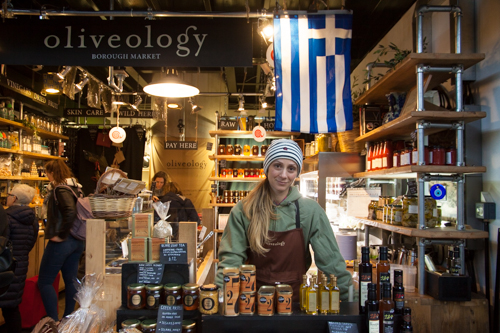
This article first appeared on the Borough Market website as the final in a 3 part series exploring a few festivals celebrated in December, other than Christmas, and the foods associated with them. I interviewed trader Marianna Kolokotroni, who grew up in Athens, to get some local insight on the festivities.
This holiday season Marianna Kolokotroni is planning to find a boat for her shop Oliveology at Borough Market. In Greece it is traditional to decorate a boat rather than a Christmas tree “because Greeks were sailors and surrounded by sea.”
Unable to get back to Greece for Christmas, she tries to keep the Greek traditions alive at the shop, which “in a way is my home now”. In fact, one of the reasons she started Oliveology was because she had decided to stay in the UK after studying and she was keen to retain “a link between home and my roots with Greece and Greek produce.” She promotes traditional recipes on her blog and tells customers how things used to be made.
 Vix |
Vix |  Post a Comment |
Post a Comment |  New Year's Day,
New Year's Day,  St Basil's Day in
St Basil's Day in  Symbolism
Symbolism 